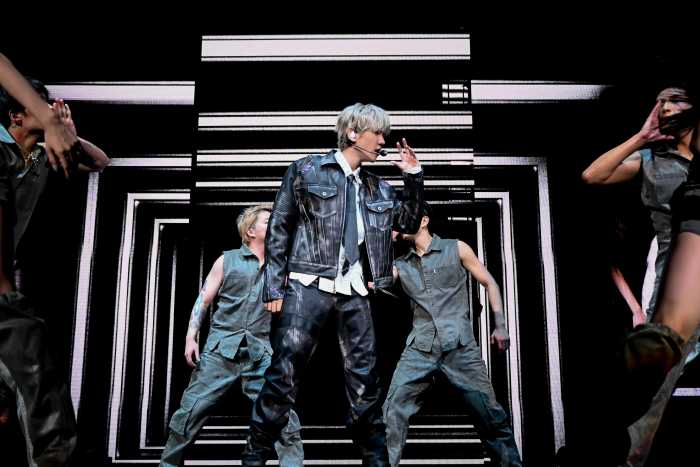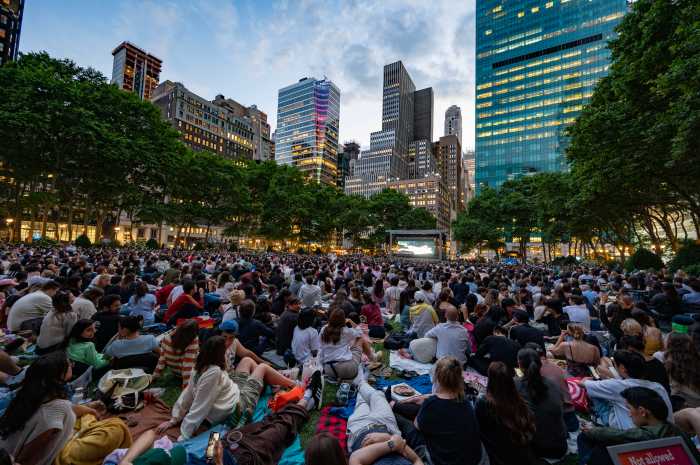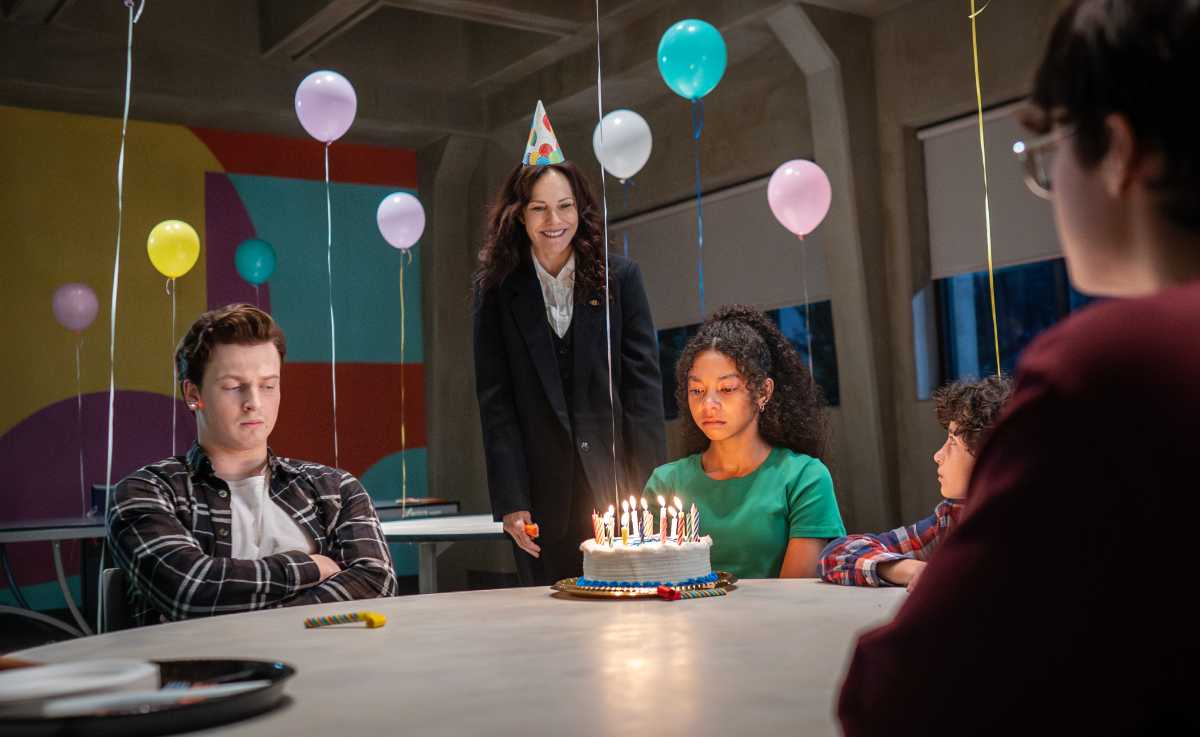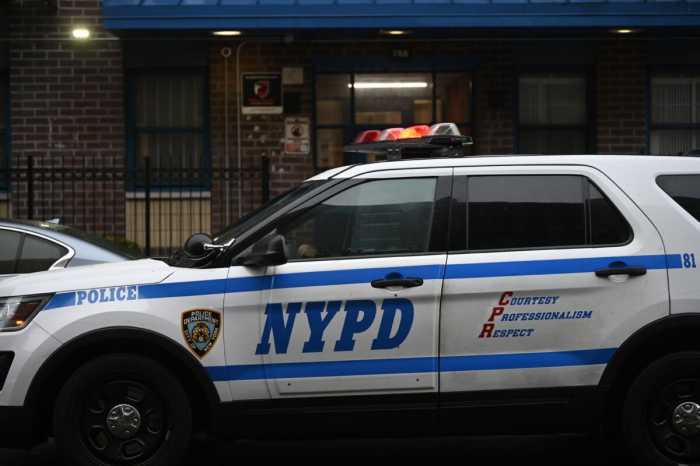
"Broad City" actor Arturo Castro will slip into more than 45 different personas he’s dreamed up in his mind in his debut Comedy Central sketch series, "Alternatino."
"Once we wrote them all and started shooting, I was like, wait a minute, this is hard. This is a lot of characters!" Castro, 33, says. "When you’re dreaming them up, you’re just appealing to what you find funniest, but then on-screen, it’s makeup, wardrobe — it’s a lot."
In "Alternatino," the Brooklyn-based comedian digs into his Guatemalan roots as he portrays a TV version of himself navigating the city. Between those scenes are short unrelated sketches, all featuring Castro. He goes from a father teaching his son about consent to a tourism spokesman for Guatemala to a prospective "House Hunters" buyer in a troubled relationship in a matter of minutes.
"Alternatino" draws from the Latinx experience in NYC, as it pertains to Castro, who’s lived here for 14 years.

Below, the comedian chats with amNewYork about the series by phone, while taking in a beachside Miami view. "I’m currently on a balcony of a hotel in Miami Beach, overlooking the ocean. I am doing fantastic," he begins.
I have a view of midtown, so I’m envious.
I just was in the city. I haven’t seen the ocean in so long. I’m like, "Oh my god, this is what the ocean looks like?"
So, what was it like to play nearly 50 characters — men, women, old, young — in one television show?
As an actor, it’s really a wonderful challenge, to be honest. We filmed for four months, but after the first two, I was like, I’m not afraid of anything. It was almost like when you’re 5 years old and someone says what do you want to be today and you say a pirate. Then they build a pirate ship. It was at least once a day I had an extreme moment of gratitude where I thought, I can’t believe I get to play with my imaginary friends for a living.

Were you inspired by your personal experiences when writing these sketches?
There’s a four-part runner throughout which is a fictionalized version of myself. I’m on a date; I’m at a party. All of that stuff has either happened to me or my writers or is related to what it’s really like to be Guatemalan. It’s an exaggerated version of an autobiography. For the sketches, it’s really what I find absurd or hilarious. The sketches have a lot of the world I see around me in them.
There’s a dating sketch in the pilot where you joke about women wanting to fit you into a stereotypical mold. Have you experienced this while dating in the city?
Not a stereotype, but, particularly, when I was younger. If I hear one more time, "Can you say something in Spanish" while on a date I’m going to throw myself off this balcony into this beautiful pool. There’s this idea that as a Latin man you have to be super macho and really good at dancing. I’m a terrible dancer and I like brunch, you know? Sometimes, there’s a lot of explaining that has to go on.
What cultural barriers in the industry do you feel you had to break through to get to a point in your career where you’re now bringing your authentic experiences to TV?
At the start of my career, the roles that were out there on television weren’t really three-dimensional. I was on TV in this character called "Dishwasher Juan" on "The Good Wife." How many Juans were there? "Firefighter Juan," "Doctor Juan," call me whatever. Having "Broad City" be my first break, it was a three-dimensional character, based on a real person. I was lucky in that sense.
But yeah, at the beginning if I had to audition for one more gang member … My mom would say, "you’re playing a gang member? You’re not that hard." I’d say, "I know. I’m pretending."
You get a bit political with your sketches, particularly with one involving Donald Trump’s infamous paper towel toss in Puerto Rico after Hurricane Maria. How do you approach politics in your comedy?
I just found it so absurd. The show doesn’t aim to be political most of the time. It’s just to me there are certain things as a member of the Latinx community that I find completely absurd. In no way is that trying to make fun of the actual devastation of Puerto Rico. It’s on their side, of being like, Jesus, you deserve way more than a paper towel. Comedy is a really disarming tool. It’s sort of like a spoonful of sugar to get the medicine down. You get the point across without it being completely jarring and just me shaking my fist.



























